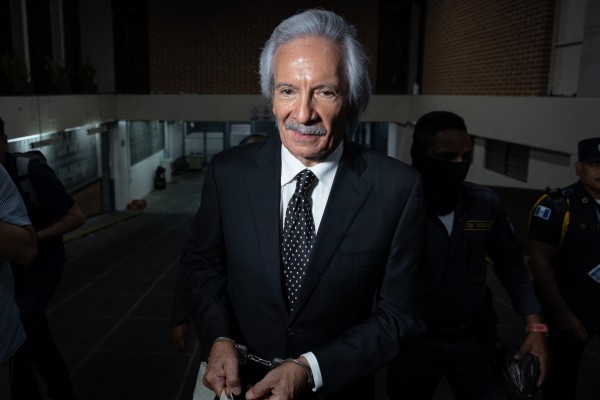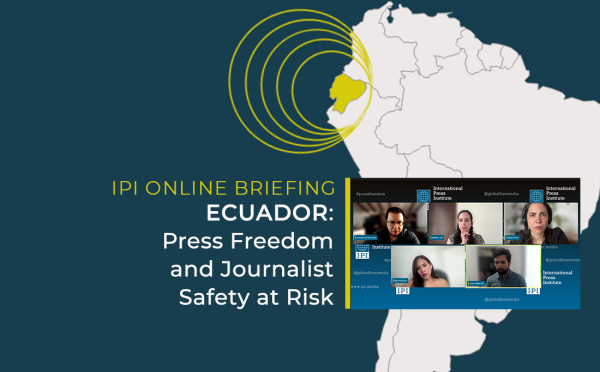The murder on Monday of a newspaper editor in a suburb of Rio de Janeiro may have been an attempt to silence the paper’s “combative” reporting, Brazilian police investigators said yesterday, according to media reports.
José Roberto Ornelas de Lemos was shot 44 times while drinking at a local bar in Nova Iguaçu, the second-largest city in Rio de Janeiro state. Ornelas de Lemos edited the regional paper Hora H, and was the son of the paper’s owner.
The lead investigator in the case, Marcos Henrique Alves, said on Tuesday that the police were “working with the hypothesis that this crime was relating to the activities of the newspaper, which featured numerous reports on [official] irregularities and corruption.”
Ornelas de Lemos’s brother, Luciano, indicated his support for the police’s suspicions in comments made to the newspaper Estado de Sao Paulo. “The newspaper is very polemical. It reported critically on police, organised crime, and politicians. There were frequent threats against it, and there were always suspicious cars roving nearby.”
According to the International Press Institute (IPI) Death Watch, Brazil is far and away the deadliest country in the Western Hemisphere for the media in 2013. Ornelas de Lemos is the fifth Brazilian journalist killed this year, ahead of Guatemala and Paraguay, with two deaths each. A total of 10 journalists have now lost their lives in Brazil because of their profession since the start of 2012.
“IPI offers its condolences to the family and colleagues of José Roberto Ornelas de Lemos, and urges Brazilian federal and state police to quickly find those responsible for this crime and bring them to justice,” IPI Press Freedom Manager Barbara Trionfi said.
“We are seeing in Brazil a shocking rise in violence against the media, and particularly against journalists who report critically on crime and corruption,” IPI Deputy Director Anthony Mills added. “What we are not seeing in Brazil, however, is any significant effort by the government of President Dilma Rousseff to address the violence or the impunity that is fueling it.”
Mills stated further: “Brazil may be a leading emerging power, but, unfortunately, it is also emerging as one of the world’s most dangerous place to be a journalist.”
IPI has consistently documented attacks against the media in Brazil, beginning with its 2012 special report, “Secrets of a Giant.” Earlier this year, an IPI investigation highlighted the institutional malaise that is hampering efforts to bring the killers of Brazilian journalists to justice.
A bill currently pending before the Commission for Public Security and Combating Organised Crime in Brazil’s Chamber of Deputies would allow Brazil’s federal police to intervene in investigations into crimes against journalists in which there has been an “omission of inefficiency” on the part of state or local authorities. IPI urges urgent passage of this measure (No. 1078/2011)


